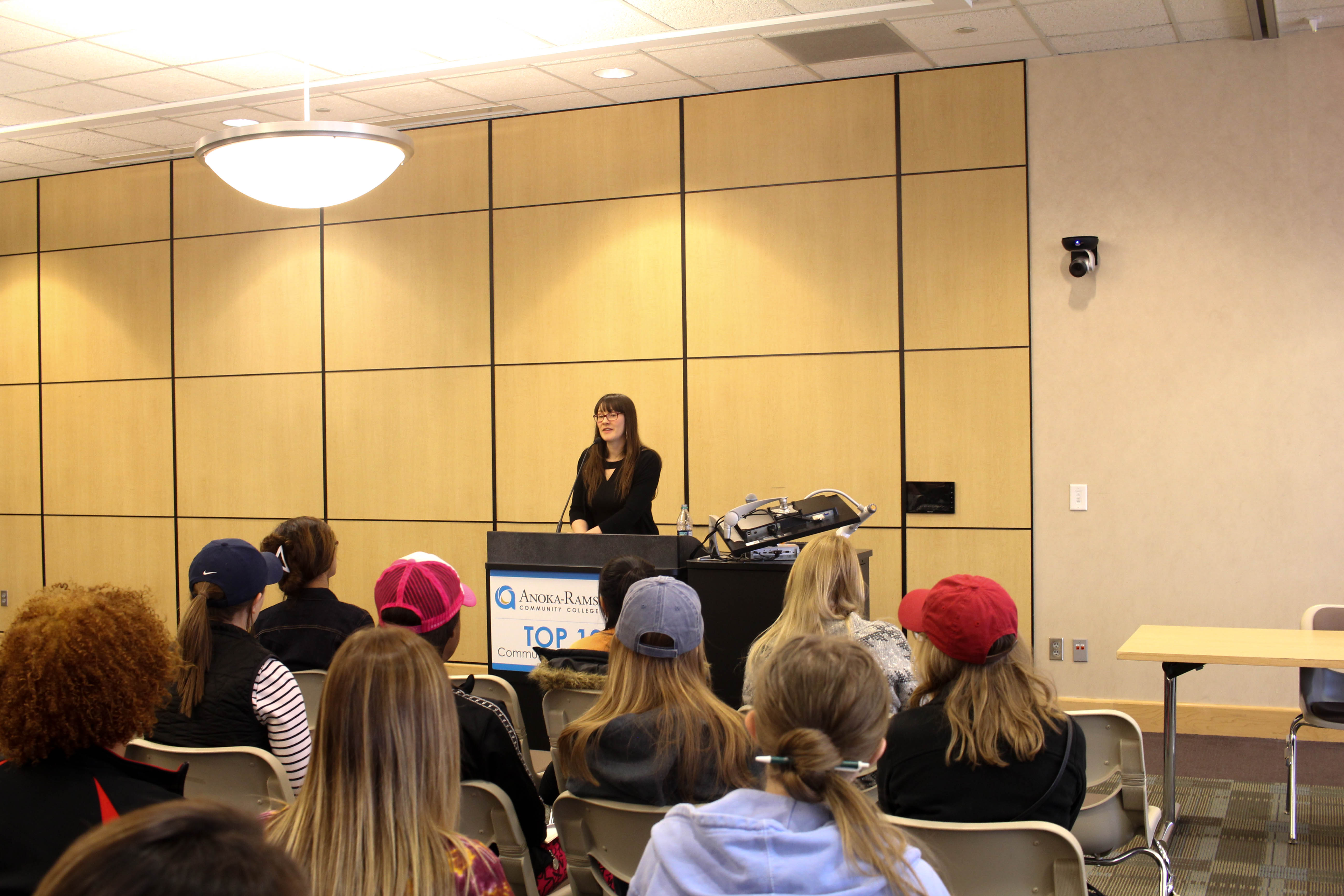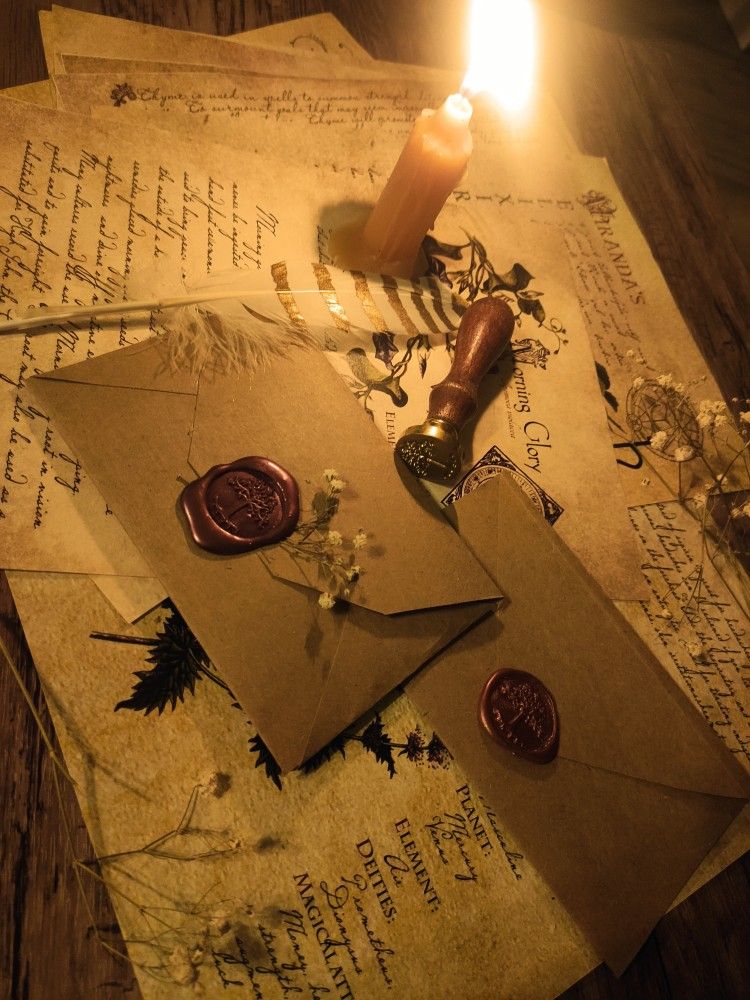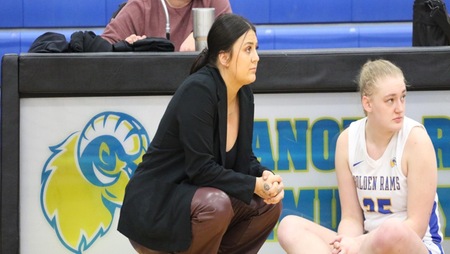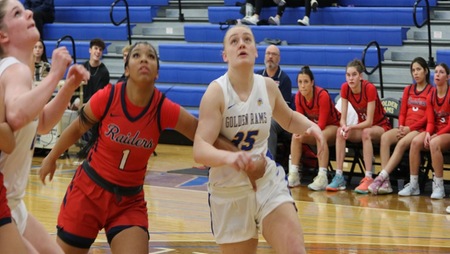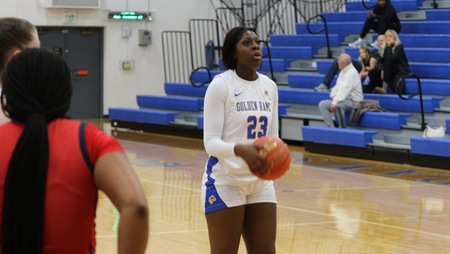Students of ENGL 2262 prepared questions for Minneapolis author, Gretchen Marquette.
The Two Rivers Reading Series provides students, faculty, staff, and the public access to award-winning authors, poets, and playwrights each semester. Previous authors have included Louise Erdrich, Robert Bly, Marya Hornbacher, Jim Moore, Patricia Smith, and many others. Two Rivers Reading Series Events make learning more comprehensive by combining classwork with real-world experiences.
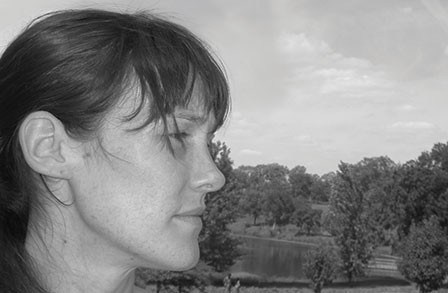
The following questions are from students in the current spring semester online English 2262: Poetry Writing with Professor Paige Riehl. Gretchen Marquette answered student questions about writing poetry and about her first book of poetry—May Day—published by Graywolf Press in 2016.
Regan Jones: Thank you so much for taking the time to join our class discussion, answer our questions, and actively provide us with insight into your writing knowledge and experience.
I loved your use of images within May Day, particularly ones that were related to the deer and your brother. I read a few of your interviews to gather more background information on your inspiration for writing May Day. You mention, in your interview with City Pages, that your poems about the deer were “left there with great intention” and that they represented your brother in terms of strength and in vulnerability against a bullet. While reading those particular poems, the images of the deer and its symbolism portrayed such a depth of understanding, that I, as a reader, could see the messages about your brother so clearly and distinctively. With that said, I know the image of the deer is specifically inspired from experience, but is there a particular animal that you would use to describe, within a poem, yourself or someone else in your life, and why?
Gretchen Marquette: I think we’re all deer. There is something so incredible about their strength and resilience, and yet they can be struck down in an instant by an arrow or bullet. They patiently survive long winters, but if they cross the road at the wrong time, they die. I think we’re all that mix of vulnerability and power. But since you asked about another animal or bird, I’ll tell you this story, because I love it: During the time I was writing my book, I wrote to a friend of mine who is a psychotherapist. I told him what a bad time I was having, and included some details about life choices I’d been making. He wrote back and told me it was “time to do something very different.” Then he said that he was reminded of a poem, but that he couldn’t remember who wrote it (and I haven’t been able to find it, as much as I’ve searched!) He said, “When a mouse acts like a mouse, scurrying in the dark and hiding seeds, it’s a beautiful thing. But when a hawk acts like a mouse, it’s a disgrace.” Then he said, Remember that you’re a hawk! So now when I have to do something tough or scary, I just tell myself I’m a hawk, and that helps.
Skadi Kylander: I love how you have incorporated what you have learned about nature and science (and even history) into your poems (I think my favorite poems in May Day are “Red” and “What I’ve Learned about Cottonwoods”). I have also grown up very close to nature, and that has had a huge influence on my life and my interests and on what I try to incorporate into my own poems. I have a little collection of field guides and other science-y books that I flip through all the time, and I always learn something new from them. Are there any books or documentaries about nature,
science, or history, other than the ones you acknowledge in the back of May Day, that have been particularly inspirational or informative to you?
Gretchen Marquette: I love this question! I will say that you’re on the right track with your field guides. Nature provides all the metaphors we could ever need, and you never know when something you learn in one of those books will come in handy.
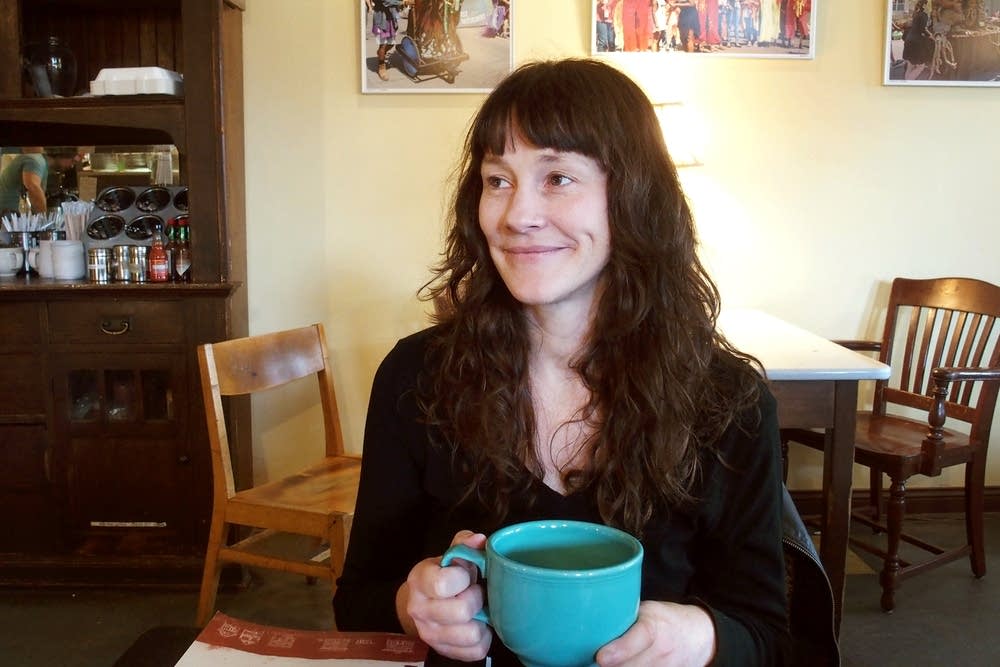
I’ve recently published a poem called “Hunter” that has a metaphor for the risks we choose to take when we fall in love. It’s based on Cooper’s Hawks; a long time ago I learned that most of these birds suffer fractures to the sternum because their hunting strategy is to plunge straight into brush to scare up birds! I didn’t know I was going to use that hawk information in that poem, but I remembered it at the right time. In terms of a specific suggestion: There is a great miniseries on NOVA that is also an amazing book called The Fabric of the Cosmos. I highly suggest checking that out. They’ve swapped out the complex math for metaphors, so it’s perfect for poets. I’m especially fond of the chapter/episode “The Illusion of Time” about “the arrow of time.”
Wafaa Sougdali: Your poem “S = k * log W” was very unique. I found it to be a little difficult to read because I wasn’t sure which direction the poem was moving. How did you come up with such a unique poem and which direction is the poem supposed to be moving?
Gretchen Marquette: “S = k * log W” is the mathematical equation for “Entropy” so let’s just call the poem that for now. If you take another look at the poem, you’ll see that it can be read four ways. Each column can be its own poem, and then it can be read straight across too. I think the poem functions best that way, but the person who created the painting that became my cover told me that his favorite poem in the book is the first column of this poem! You might notice that this poem is less straight forward than many of the poems in the book. I wrote this poem one night when I was grieving and having a very difficult time. I didn’t want to tell a story and I didn’t know how to communicate what I was feeling. I just began writing down snippets of my thoughts, and lists of images related to a painful memory, and this poem is what ended up happening. At first the lines were all over the page, but in revision, I noticed that with a little bit of tweaking, I could make four poems, each of which made sense. The irony is that the poem is called “Entropy,” which is the law in physics that says the universe must always move from a state of order to greater disorder, but in revision, I made this poem much more tidy.
Rose Kruse: My question relates to the themes of May Day. The poems in May Day are split into five sections. Do all the sections share a common theme?
Gretchen Marquette: Basically, my goal when organizing this book was to give each section its own arc. Each section should have an opening and a climax and a resolution. I also wanted the themes in the book to be represented in each section too. There will be poems about my brother, and my lost love, and poems about childhood, etc. There are also poems in each section that have a grounding figure in them – usually my dad, who I love a lot, or the Spanish poet Federico Garcia Lorca who I greatly admire. My editor and I talked about how the book should be like a
kaleidoscope – each section should be like turning that kaleidoscope one turn, to look at the themes a little differently.
Jorge Figueroa: My question is about how your poetry affects your memories, if at all. So many of your poems hit on these themes of loneliness, pain, and love lost. At the same time you capture these moments of beauty and pin them up alongside the hurt (like in “Montana,” for example). As the writer of these poems, do you still feel the love and/or loss from these moments? Or has the pen and paper turned them into something else? Do the memories and poems separate?
Gretchen Marquette: Writing about memories definitely changes them forever. Most of the time this is an empowering thing, especially if the memory is bad. If I have a negative experience, I’m not in control of what happened or even what I remember (or when I remember it,) but if I recreate that memory as art, I have mastered it in some way. When that memory comes back, it’s at least partly changed to reflect my retelling of it. It’s sort of magical. (And I mean that in the least cheesy way possible.) A good example of this for me is the poem “Prophecy.” Coming home to find my ex’s set of house keys was one of the worst nights of that separation. It was incredibly, unbearably painful. When I think about it now, talking to you, I can feel my stomach tie itself up in knots. (I’m sitting in the room that has the marks from where I hit the ceiling with the broom, trying to quiet the squirrels, so that doesn’t help!) But then I remember that I’ve already “handled” that grief in some way. I turned it into a poem, and now it has less power to harm me. I think naming bad emotions or experiences always takes away some of their power and poetry is so good at naming. The other side of the coin is writing about good memories, right? Be careful which ones you write about, because I’ve found that these are forever changed as well. I’ve stopped writing about my early childhood because I’ve “replaced” a lot of memories by writing about them, and they’re not exactly the same!
Abigail Skaalerud: I really admire that you are open and honest in your poems, such as the poem “Montana” on page 30. Do you ever get nervous about publishing such heartfelt poems?
Gretchen Marquette: The answer is both yes and no. There is a poet named Linda Pastan, and she says “The lyric “I” is more of a fraternal than an identical twin.” I agree with her that the “I” who is speaking the poems is me, and then again not quite me. This difference becomes greater over time, too, so many of the poems I wrote when I was suffering are already four or more years old and I am a different person now. It’s hard sometimes when people ask me questions specifically related to the break up I went though, because the book is much bigger than that I think, and also, who wants to talk about painful things with strangers?
My readers are not strangers though, when I imagine them reading my poems. I like to think that many of my readers are people who have dealt with their own heartbreak, and their own family dramas and losses, and their own fears. Because it’s hard to make it into adulthood without confronting those things. What I hope is that my personal experiences are translated through poetry and become something big enough that readers can find themselves in too. I know that I have been
that reader hundreds of times and been very grateful, so I feel like it’s only fair that I put myself out there too once in a while. Sharing intense personal stuff is not always easy, but it’s easier than you might think. I think this is how you know it’s art, and not writing done for therapeutic purposes. (It’s fine to write to make yourself feel better – I think everyone should! But there’s a difference between that kind of writing and art.)

Keyana Young: Throughout your poems in May Day, you switch the length and the format of your poems. Some poems you have multiple stanzas with two lines in each, some you may have three or more lines, and in others you put the poem in one stanza but it is a longer poem. Do you find this effective from poem to poem? How do you decide what format you want for a poem?
Gretchen Marquette: Great question! Form is an important consideration, not just when writing a poem, but also when putting together a book (or a portfolio for class.) It’s good to offer some sort of variation for the reader, so that their mind and eyes don’t get tired. Form is a great way to do that. I’m sure you’ve talked in class about line breaks and white space and what they can do for a poem. When I write a poem, I think about all of the tools I have in my toolkit. How do I want the reader to experience the poem? If I want them to go slowly, I use long lines. If I want them to continue all the way through, feeling rushed and a little uncomfortable, I might not use any punctuation at all, and enjamb all of the lines, so they can’t rest until the end. It all depends on what I’m trying to accomplish, though these decisions usually wait until I’m revising. Sometimes it hits me while I’m writing that first draft; I love it when that happens!
Samantha Peterson: My question has to do with finding inspiration. I’ve been told that music can help a writer out of a slump or alleviate writer’s block with inspiration. Do you listen to music while you write, or does it distract you when you’re trying to write something from the heart?
Gretchen Marquette: I love to listen to music when I write, and I can listen to music with words too. Often, a song that is expressing or empathizing with what I’m feeling will help keep me on track when I’m working. Sometimes, I’ll even go so far as to make a playlist of those songs when I’m editing, to help remind me how I felt when I was writing the first draft. My favorite music to listen to when I write is music that has lyrics that I can’t understand, or can’t quite understand. An example of this would be Sigur Ros. But anything where the lyrics aren’t very clear will do, and this includes music in languages I don’t speak.
Haile Blonigen: One of my favorite poems is “Dear Gretel.” You dedicate the poem to your brother. Is he solely the inspiration for the poem? What inspired you to use the fictional character Gretel?
Gretchen Marquette: During the time my brother was deployed for the first time, I was in graduate school. I was taking a class called “The Long Poem and Lyric Sequence,” and I was trying to write a portfolio project that was a novel in verse that told the story of what happened to Hansel and Gretel after the story ended. I was having a hard time with that project (and ultimately gave up on it) but not before my instructor pointed out that I might be obsessed with Gretel because she was able to keep her brother safe from harm, and I was not able to do so. I thought about that for a while, and
then wrote this poem, talking to Gretel and asking for her help. There is a great tradition of poets using fairy tales, so if this seems like fruitful territory for you, please give it a try! There are hundreds of characters to pick from, and you can either write as that person (in persona) or to them, like I did. (Or, of course, just about them.)
Nicholas Evenson: I thought it was cool how you were from Minneapolis, so I wanted to know about how many of your poems were inspired by the city itself?
Gretchen Marquette: Many of my poems are inspired by the city. I love Minneapolis almost in the way I love a person – I know that sounds weird, but it’s true. Seeing the skyline at night from the 35W bridge makes me want to cry sometimes! I also like visiting Gold Medal Park and the observation deck at the Guthrie. There are lots of gems in each neighborhood if you spend some time looking. More often than not, if I’m writing about my city, I’m actually writing about my neighborhood. It’s a place that means a lot to me, and that inspires me. The painting that is my cover is actually the street I live on, in Powderhorn Park.
Click here for coverage of her visit to ARCC or here for a review of “May Day”
